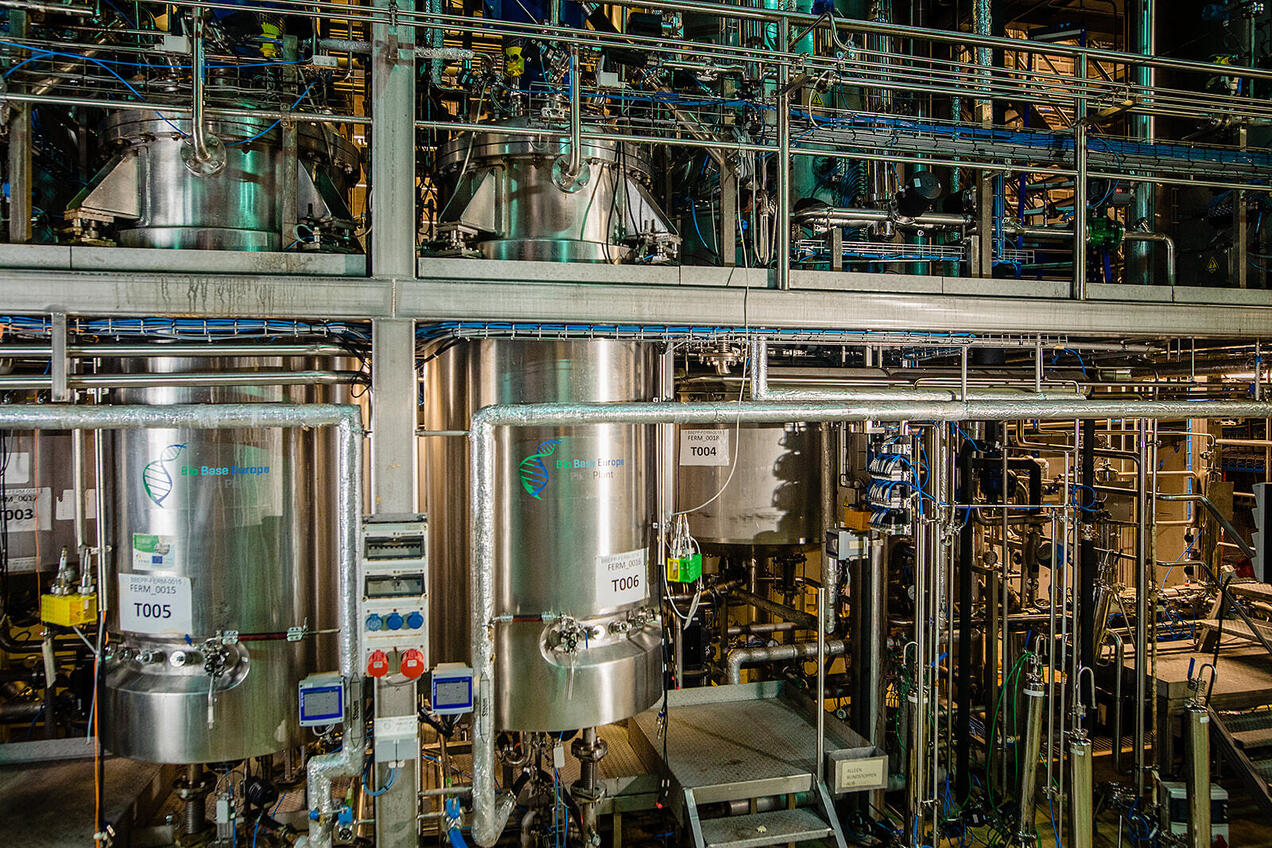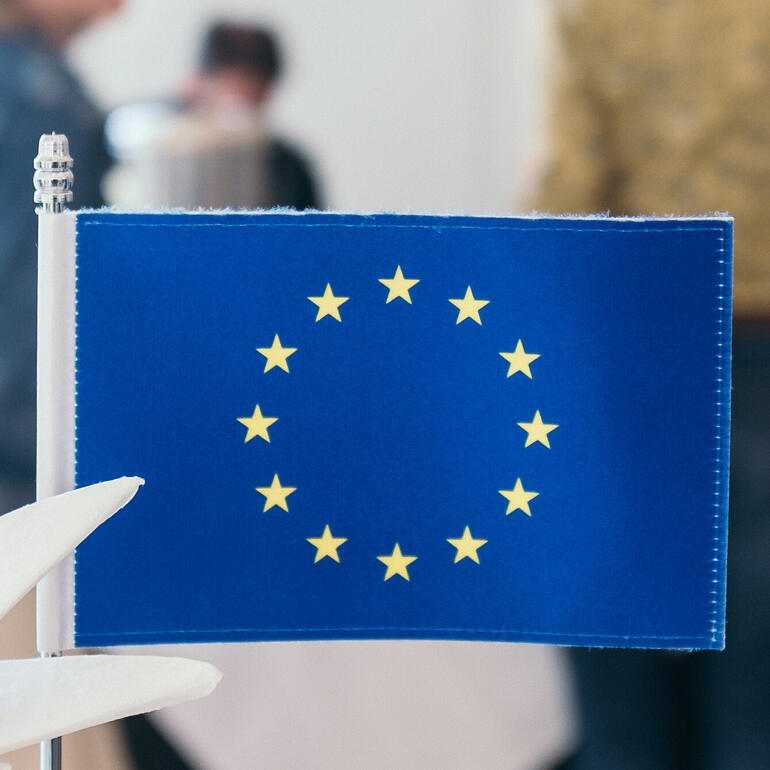
Fibre Save
Turning waste fibres into sustainable biobased plastics
About the project
The Flemish - Dutch border region is a frontrunner in the biobased economy and green chemistry. Fibre Save aims to further strengthen this regional leadership by upgrading paper and cardboard waste into PHB, a biobased plastic, using innovative fermentation technologies. Within Fibre Save’s professional network, the project partners will apply their specialized expertise to develop and test PHB prototypes and products for multiple sectors, using a range of production techniques.
Did you know…
- Over 1 million tons of waste are incinerated each year in Flanders and the Netherlands?
Even though the European Green Deal and national policies emphasize waste reduction and smarter use of raw materials… - The demand for fossil-free plastics is on the rise?
- Microplastic pollution poses a serious environmental threat?
- Innovative technologies for producing new plastics often get stuck in the lab stage?
Demonstration, scale-up and validation are essential to achieve market breakthroughs.
Fibre Save provides solutions!
- Fibre Save aims to upcycle low-grade paper and cardboard waste streams into high-quality, biobased plastics.
- The project will demonstrate that PHB production is technically, economically, and ecologically feasible for various applications.
- Fibre Save supports the development of an innovative, cross-border value chain.
- It contributes to the transition towards a circular economy, with lower CO₂ emissions, fossil-free materials, and high-value recycling.
Thanks to a value-chain approach and a multidisciplinary project team.
- Waste as feedstock: Renewi and VPK Paper supply various types of paper and cardboard waste.
- Fermentation and scale-up: At the Bio Base Europe Pilot Plant (BBEPP), microorganisms convert the sugar-rich waste into PHB and its variants. Lab-scale technologies are scaled up to semi-industrial processes.
- Application and validation: MNEXT develops and tests PHB prototypes using various production methods and across several sectors. Ghent University also explores the biomedical potential of PHB as a proof of concept.
- Market and environmental assessment: POM East Flanders evaluates the economic feasibility of the entire value chain and conducts a LCA hotspot analysis to assess environmental impact.
- Communication and stakeholder engagement: Pack4Food facilitates dialogue with companies. Broad communication efforts and events actively engage businesses across the value chain and beyond.
Follow the latest developments and news on LinkedIn.




